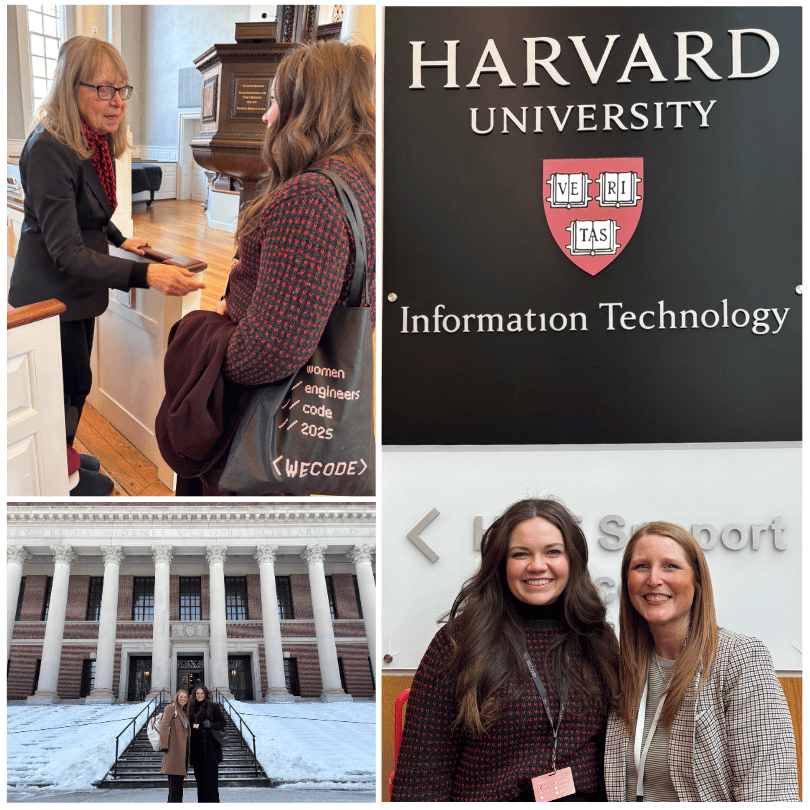
Crystal Calhoun
- Bachelor of Business Administration, fully online
- Named 2025 Outstanding Online Business Student
Why did you choose your major?
As a non-traditional student, wife, and work-from-home mom of six, I bring over 20 years of experience working as an accountant for small businesses. I’ve always had a passion for numbers and math, but over time, I’ve become increasingly fascinated by business strategies and what drives success. Through my experience working in the back office of various companies, I’ve come to realize just how crucial business planning and strategy are for any organization.
Now that I have graduated, I hope to secure a remote job where I can grow with a company and contribute to its success. I plan to apply the knowledge and experience I’ve gained to make a meaningful impact. Additionally, I am excited to continue brainstorming business ideas and hope to start my own business in the future.
What is your advice for other COB students?
The UCA COB program is an excellent opportunity! My advice to fellow students is to put in 150%, work hard, and take advantage of networking opportunities while in the program. These are lessons I learned in the workforce before returning to school. A strong work ethic and the right connections can make all the difference in your career. The impressions you make and the relationships you build in the COB program could prove invaluable down the road.

Crystal with COB Associate Dean, Dr. Laci Lyons



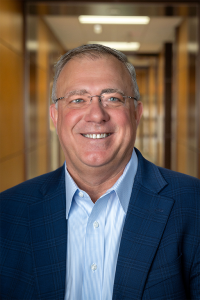 Our new Dean,
Our new Dean, 

 Accounting majors
Accounting majors  Jason Brown (student),
Jason Brown (student), 
 UCA’s Center for Insurance Director,
UCA’s Center for Insurance Director, 

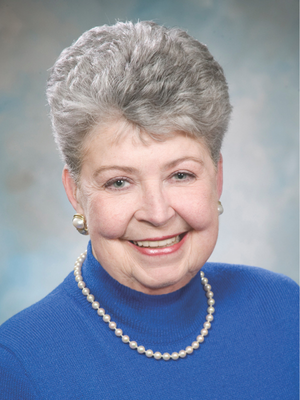
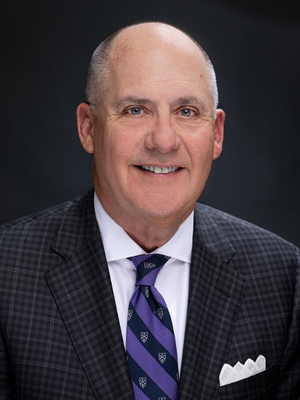
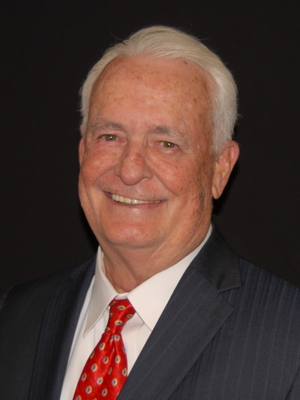
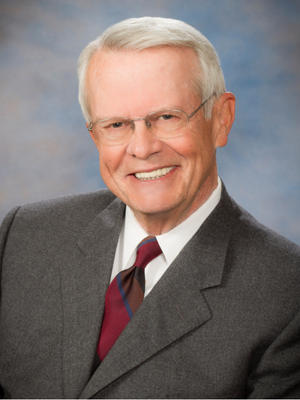
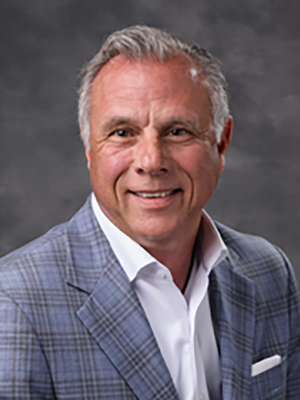



























 This spring UCA Accounting majors participated in the Volunteer Income Tax (VITA) program at United Way of Central Arkansas (UWCA). The VITA program delivers financial support to hundreds of families across Central Arkansas through free tax preparation and filing services. Students participate in this program each year with mentorship from
This spring UCA Accounting majors participated in the Volunteer Income Tax (VITA) program at United Way of Central Arkansas (UWCA). The VITA program delivers financial support to hundreds of families across Central Arkansas through free tax preparation and filing services. Students participate in this program each year with mentorship from  Rebecca Thomas is a senior set to Graduate Summa Cum Laude in May 2025. During her time at UCA, Rebecca has combined her education in the classroom with internships, research, and volunteerism in the community.
Rebecca Thomas is a senior set to Graduate Summa Cum Laude in May 2025. During her time at UCA, Rebecca has combined her education in the classroom with internships, research, and volunteerism in the community.









